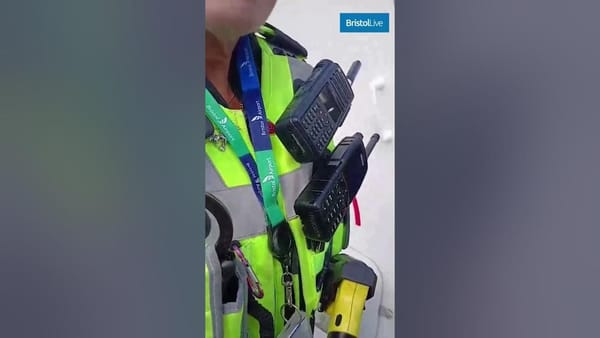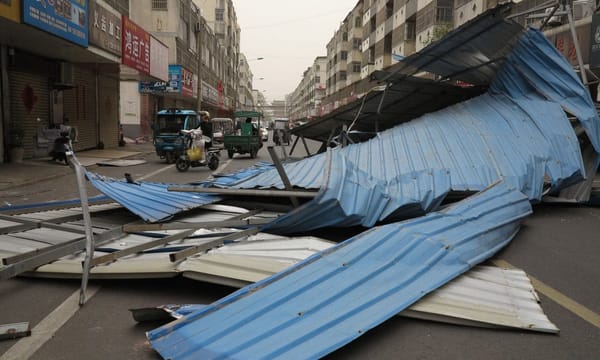Major universities lose billions in federal funding as White House freezes research money overnight

Major universities reeling as billions in federal funding suddenly frozen
If you've been wondering why your social media feeds are filled with panicked researchers and angry academics today, you're not alone. In a stunning move that's sent shockwaves through the academic community, the White House has announced the freezing of approximately $1.8 billion in federal funding previously allocated to major research institutions.

Cornell University and Northwestern University appear to be bearing the brunt of the decision, with Cornell losing approximately $1 billion and Northwestern seeing $790 million in federal grants and research funding suddenly placed on hold. Princeton University has also reportedly had significant climate research funding cut.
The announcement came without warning, catching university administrators, researchers, and graduate students completely off guard. Many learned about the funding freeze through news alerts on their phones or frantic emails from department heads.
"We were in the middle of a critical experiment when the notification came through," said Dr. Eleanor Hayes, a researcher at Cornell's Defense Technology Institute. "One minute we're working on technology that could save American lives, and the next we're calculating how many weeks of supplies we have left."

What makes this situation particularly alarming to national security experts is the nature of the research being halted. Many of the affected projects were directly commissioned by the Department of Defense and other military agencies to address critical security vulnerabilities.
At Northwestern, a team had been developing lightweight body armor materials that could provide better protection for troops while reducing weight by up to 30%. The project was in its final testing phase.
"This isn't abstract research gathering dust on a shelf," explained Professor James Merritt, lead researcher on the Northwestern armor project. "This is technology the Pentagon specifically requested because it would save American lives in combat zones."

Princeton's climate research team had been working closely with the Department of Defense to assess vulnerabilities at coastal military installations. Their data had identified over 30 bases at high risk from rising sea levels and increasingly powerful storms, with projected mitigation costs in the billions.
The White House has defended the funding freeze as part of a broader review of federal spending, but critics argue the move appears targeted at institutions perceived as politically hostile to the administration.
"The timing and selective nature of these cuts raises serious questions," said Senator Diana Lawson, who sits on the Armed Services Committee. "When you're cutting research that our military has specifically requested to keep our troops and bases safe, you have to wonder what the real motivation is."

University administrators are scrambling to identify alternative funding sources, but the reality is stark: many research projects will need to be scaled back or shuttered entirely. Graduate students and research assistants who depend on grant funding for their stipends face particular uncertainty.
"I'm six months away from completing my PhD," said Marcus Chen, a doctoral candidate at Cornell. "Now I don't know if I'll be able to finish. Four years of work might just disappear."
As the academic community mobilizes to respond to the crisis, military officials have been unusually vocal in their concern. A Pentagon spokesperson described the situation as "deeply troubling" and confirmed that senior defense officials were not consulted prior to the funding freeze.
For now, researchers are left wondering not just about their careers, but about the vital national security projects suddenly left in limbo. As one Princeton professor put it: "This isn't about politics or university budgets. This is about whether our troops will have the protection they need. And right now, the answer is increasingly no.




